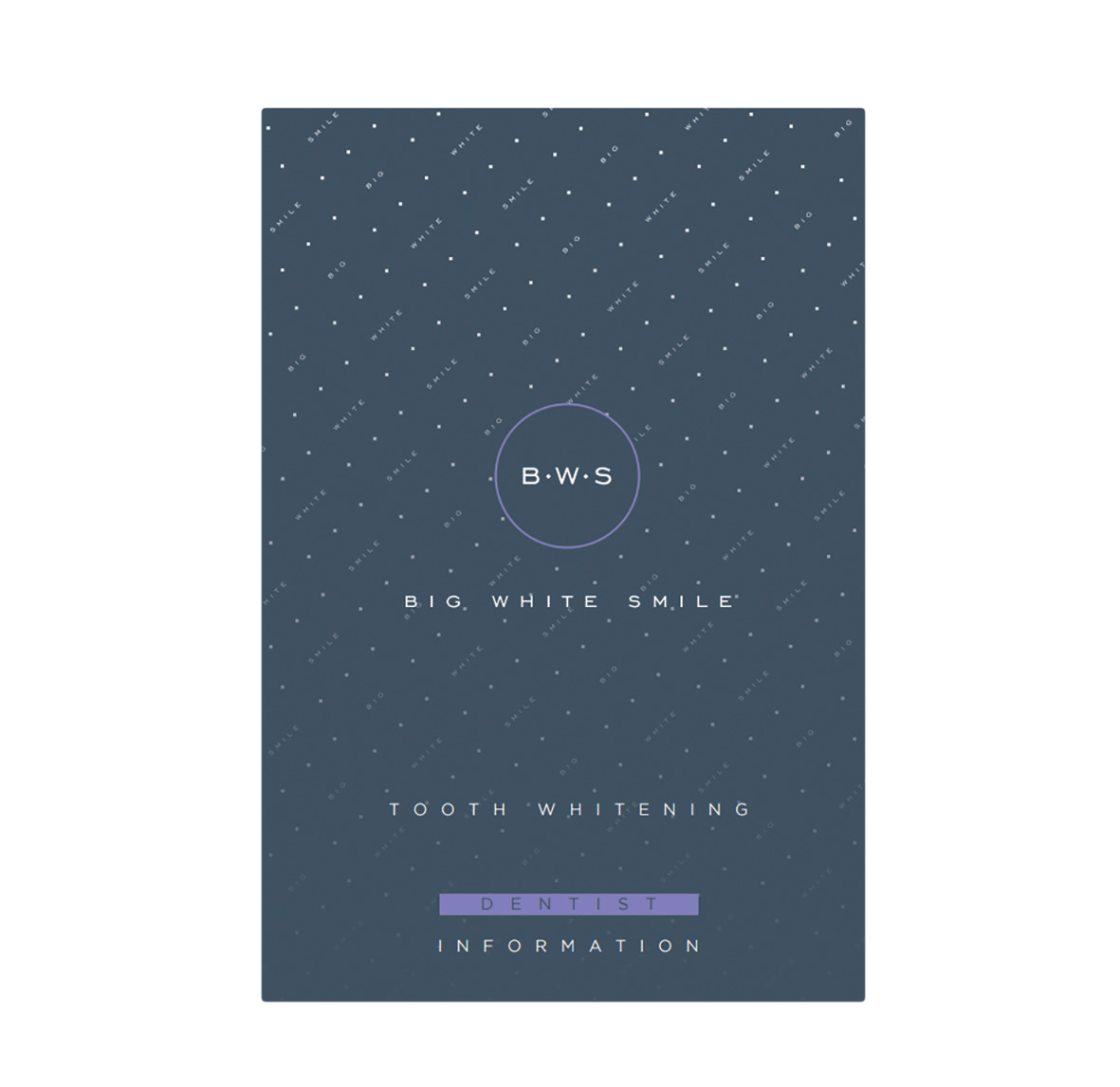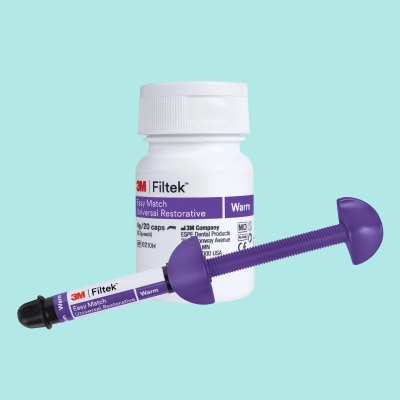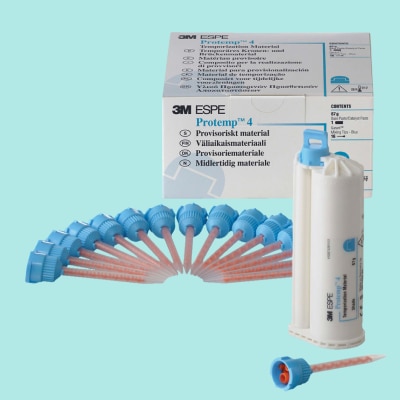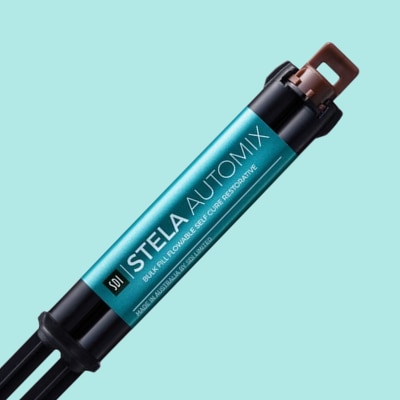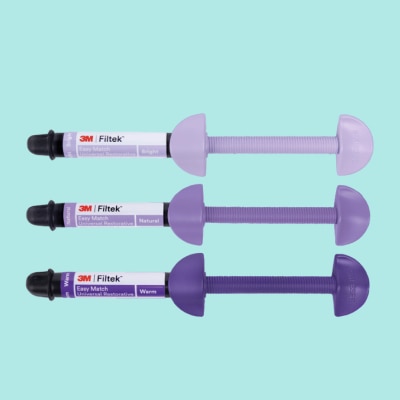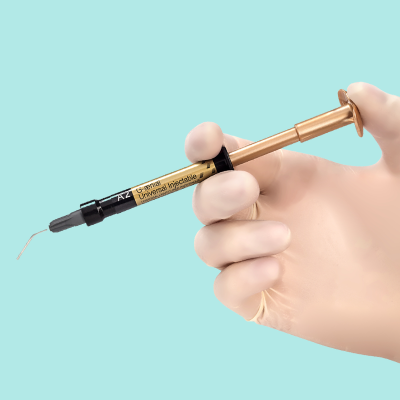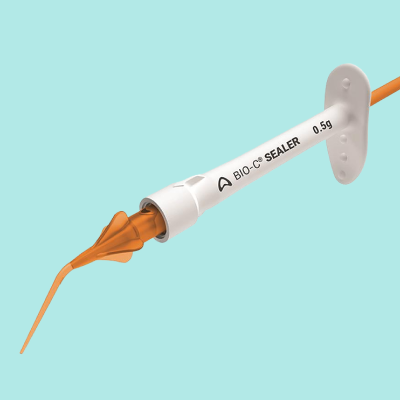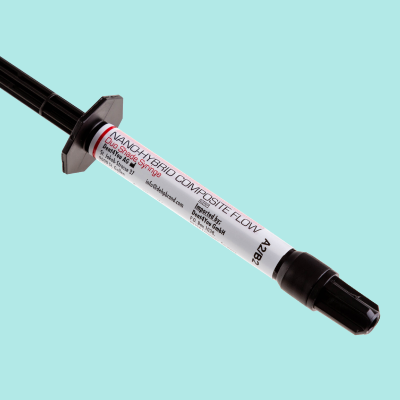
How Big of a Problem is DIY Dentistry?
It was recently revealed that 9 out of 10 NHS dental practices in the UK are currently unable to offer appointments to new adult patients. Only 25% of practices currently have open waiting lists. Of these practices, over 1,000 estimate the wait time to be one year, two years or even three years in some cases. This has forced many people who cannot afford private treatment and who are in need of urgent dental care down the path of self-administration.
Reports of self-administered dentistry range from toothache remedies and glued teeth to medieval-sounding extractions with pliers. During the first Coronavirus lockdown it was reported that 25% of households in the UK had tried at least one form of DIY dentistry. Of these cases, 7.9% of households had attempted to fill a cavity and 7.6% had tried to take out a tooth.
A poll from 2022 found that 21% of people who had failed to secure a dental appoint in the past year had turned to DIY dentistry in desperation.
What About DIY Teeth Whitening?
Another worrying trend that has popped up in recent years is DIY teeth whitening. DIY tooth whitening refers to people trying various dental ‘hacks’ as cheap, quick and easy alternative procedures to professional teeth whitening.
While not as gruesome sounding as DIY tooth extractions, DIY whitening also comes with its own serious health risks. DIY home whitening kits can be dangerous, uncomfortable, illegal and in most cases inferior to professional whitening treatment.
In worst-case scenarios, DIY home whitening kits can cause burns, scarring and even tooth loss if too much hydrogen peroxide (HP) is used in the product.
To steer patients away from potentially harmful online products and ineffective over-the-counter whitening solutions, it is important to educate interested patients in the right way and offer convenient and safe solutions. See our blog ‘4 Keys to an Effective Tooth Whitening Offering’ for further guidance on how to do this.






Thousands of NHS dentists have left the service in the last two years. Recent analysis from the BBC indicates that in total, NHS dentistry in England and Wales has lost the equivalent of 8% of its workforce in the space of a year. Many of these dentists have moved over to the private sector as a way of getting away from NHS targets and red tape, and to improve their income and work-life balance.
Shop Big White Smile
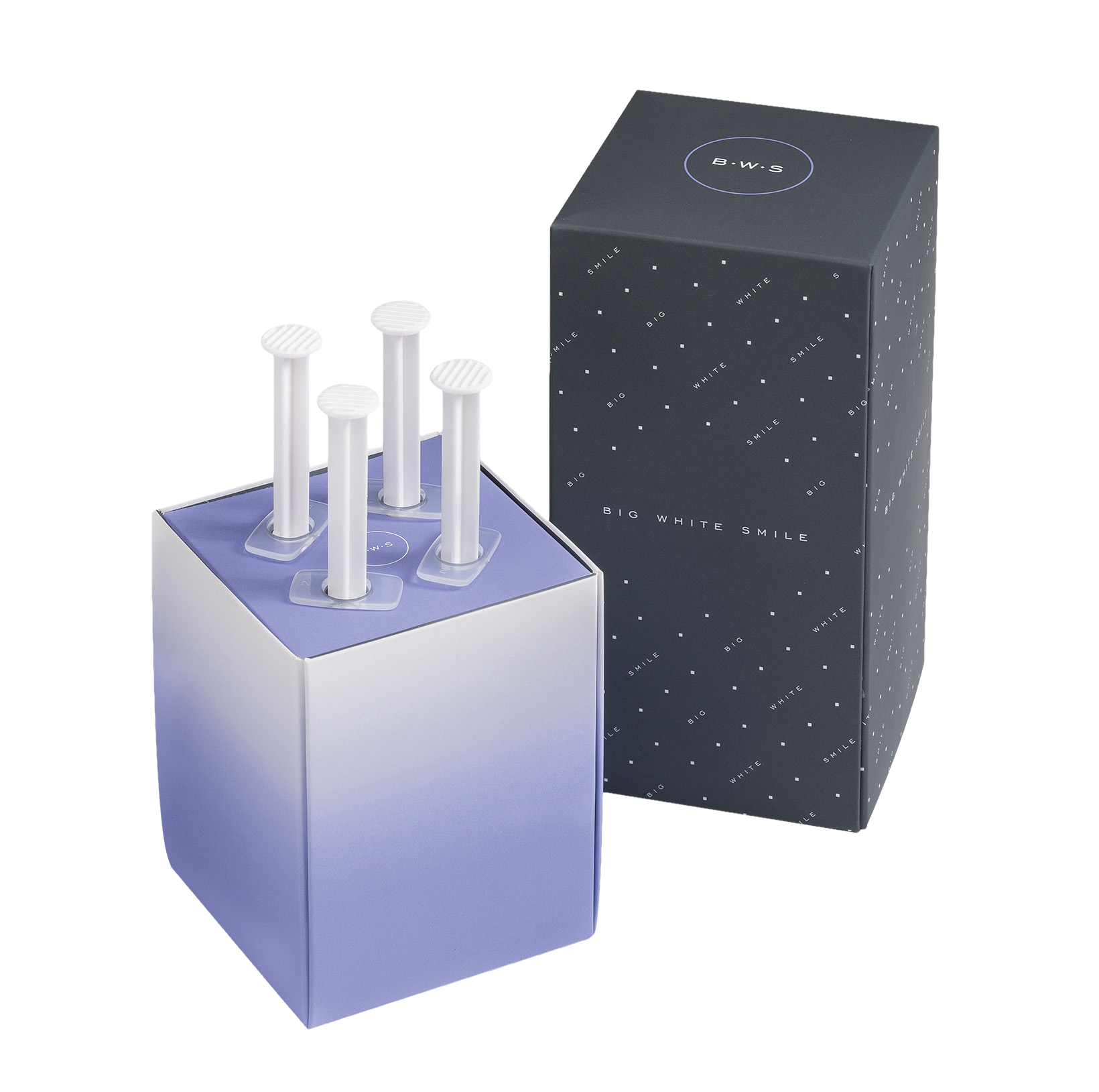
Big White Smile 4x3ml 6% Hydrogen Peroxide Kit
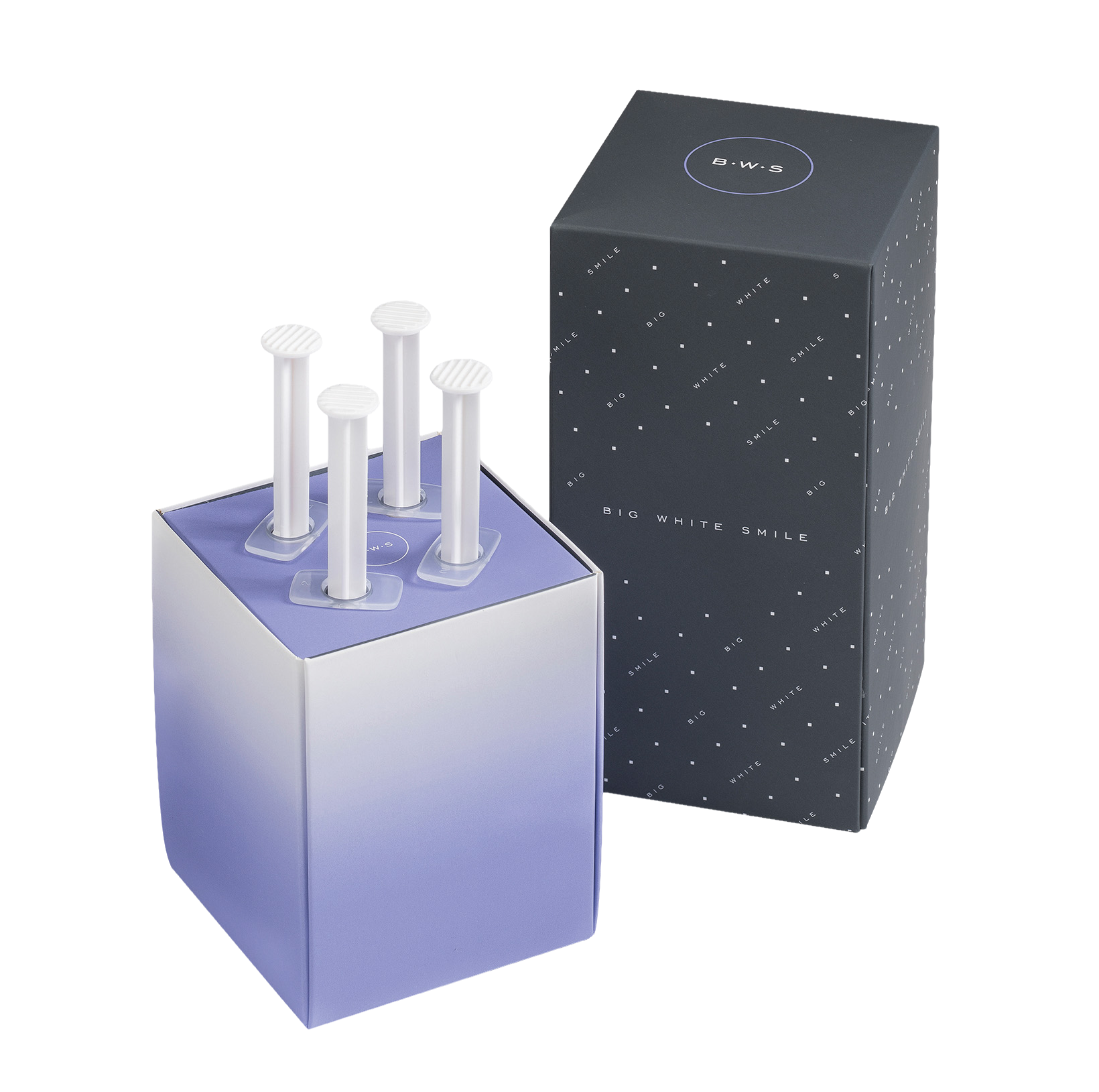
Big White Smile 4x3ml 10% Carbamide Peroxide Kit
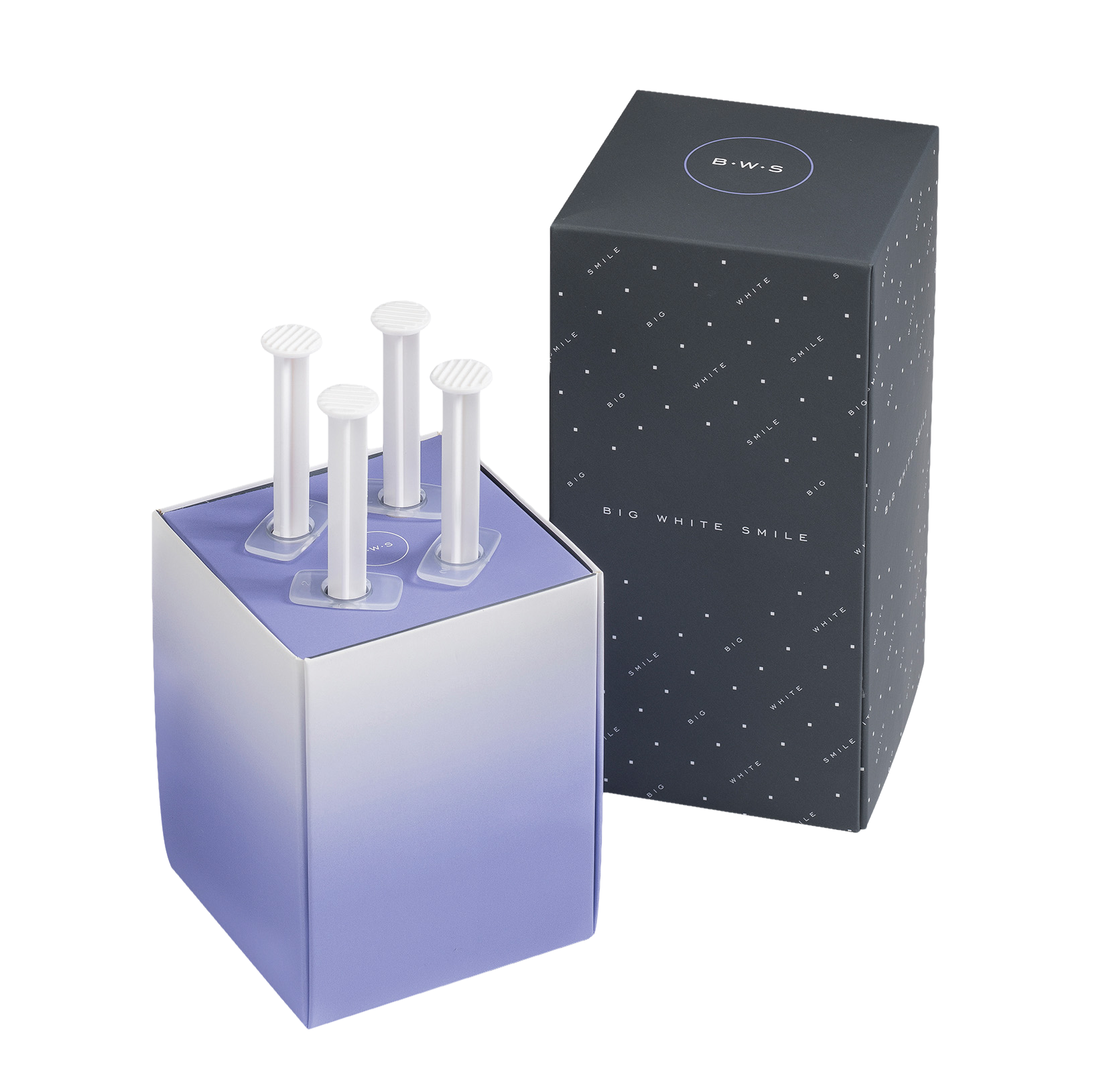
Big White Smile 4x3ml 16% Carbamide Peroxide Kit
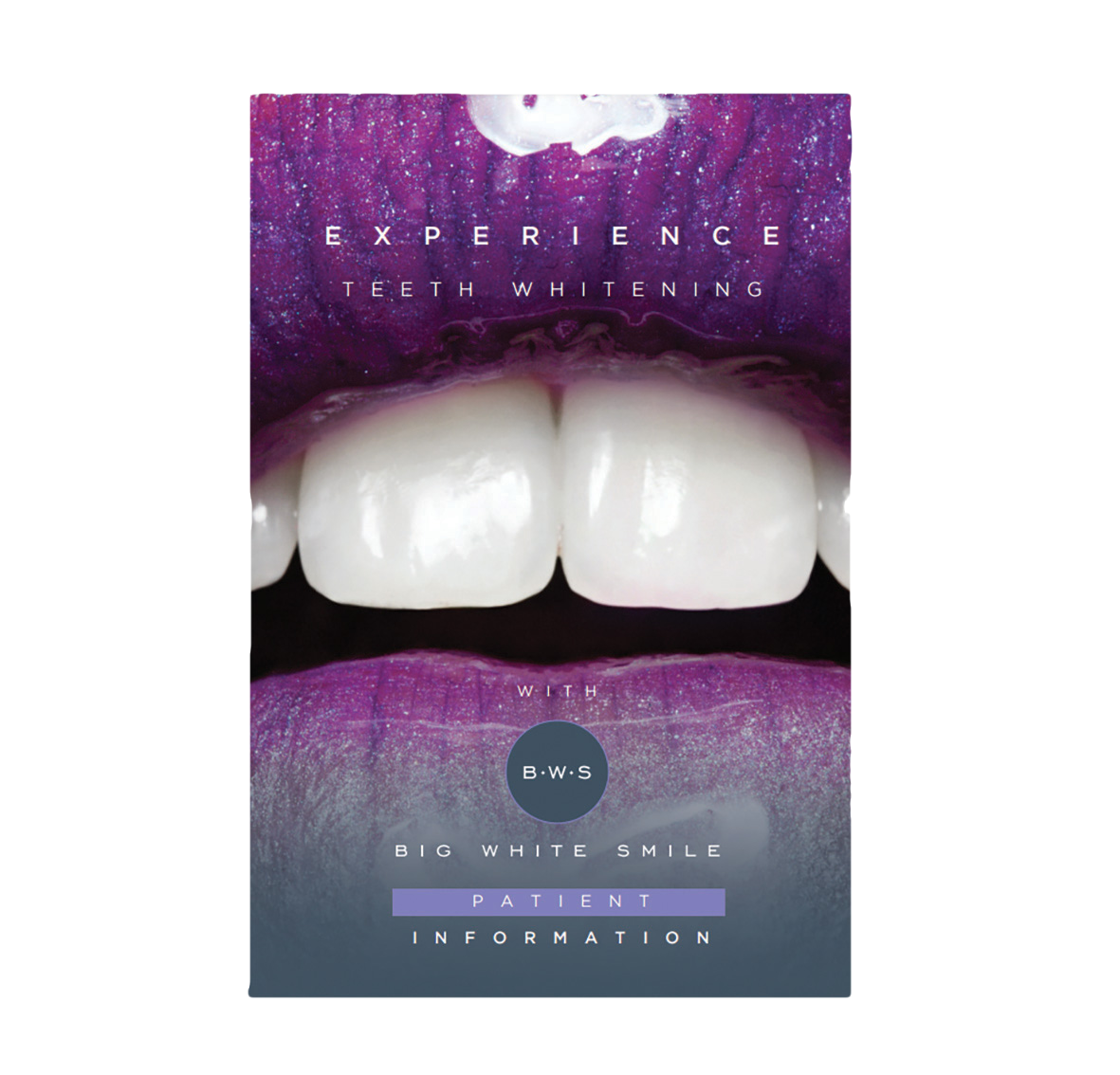
Big White Smile Patient Literature
